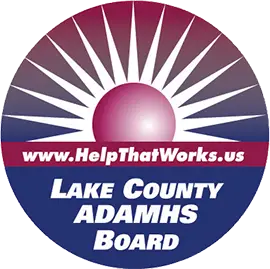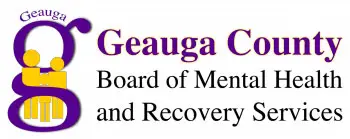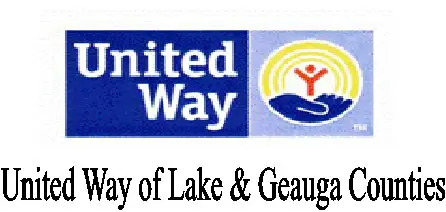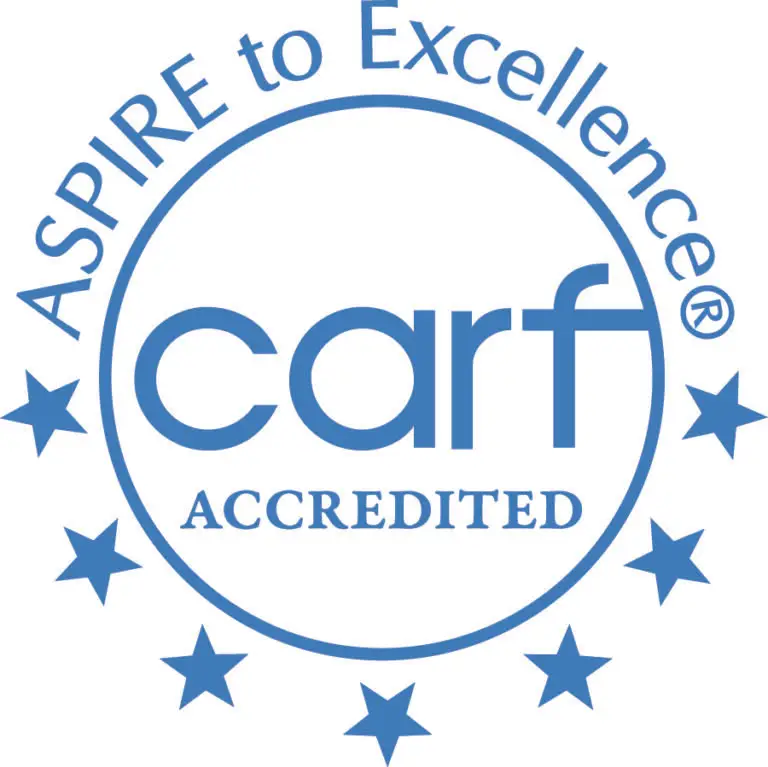Domestic Violence Awareness Month
Home should be a place where people feel safe and secure. When violence happens at home, one may feel helpless and hopeless. Abusers take great pride in keeping domestic violence “hidden” often by isolating those they abuse. This only further gives them the power and control they desire.
Domestic violence is a complex problem. There are legal, medical and mental health, and law enforcement concerns. Domestic violence was once only thought of as physical abuse.
Physical abuse happens in domestic situations to all ages and genders. The stereotype of abuse is a male who physically hits, punches, grabs, kicks, or otherwise harms a woman. However, children are often the victims of such abuse by adults of both genders. Other situations involve an adult child abusing an older adult parent.
As we now know, domestic violence can also be present event without leaving a physical mark. Verbal abuse can be yelling, name-calling, threats, and criticism. Sexual abuse can include constant demands for sexual activities, forcing unwanted acts, making demeaning sexual comments and forcing sexual activities with children. Emotional abuse may include isolation from others, ridicule, abuse of pets, or embarrassing someone in front of others. Financial abuse can take the form of controlling all the money, destruction of property, or withholding financial information.
Children who live with domestic violence often:
- Appear sad, fearful, depressed, and/or anxious
- Are aggressively defiant or passively compliant
- Have limited tolerance for frustration and stress
- Become isolated and withdrawn
- Are at risk for drug and alcohol abuse, sexual acting out, running away
- Have poor impulse control
- Feel powerless
- Have low self-esteem
- Assume parental roles
When alcohol or other drugs are involved, violence, loss of control, isolation, and fear increase. In a domestic violence household, chemical dependencies add gasoline to an already smoldering fire.
As a community of educators, medical and mental health professionals, clergy, and as caring individuals, family, and friends we have a responsibility to speak up about domestic violence. There are victims of violence in our community who need your help. Effective actions may include asking someone to help with a Saturday afternoon project at home or church; inviting someone home for supper and a movie; or including others in events and activities. It is often the case that someone experiencing abuse will not attend a program about domestic violence, but may make a connection by helping at a band booster’s event.
In an effort to address common problems, The Geauga County Board of Mental Health and Recovery Services formed the Geauga Substance Abuse Prevention Partnership (GSAPP). Through this committee, the various providers can better serve those who are most vulnerable and most in need.
All of the partners in GSAPP can help, so please do not hesitate to call WomenSafe (888) 285-5665 or Lake-Geauga Recovery Centers (440) 285-9119. Speakers are also available for groups of all sizes. The only reason we exist is to help.








